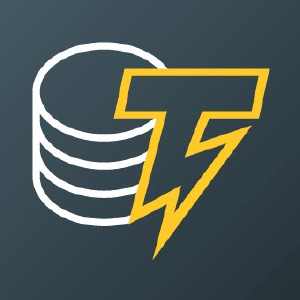Crucial Update: Google Gemini Arrives for Kids Under 13
3 min read
The digital landscape is constantly evolving, with artificial intelligence becoming increasingly integrated into our daily lives. While the focus in the crypto world often centers on decentralized technologies, the broader advancements in AI, like those by tech giants such as Google, significantly shape the future of technology and how we interact with it. A significant development on this front involves the introduction of powerful AI tools to younger users. Google Gemini for Kids Under 13: What’s Happening? In a move that signals a new phase in AI adoption, Google is preparing to make its Google Gemini chatbot accessible to a younger demographic. Starting next week, children under the age of 13 who have Google accounts managed by their parents will be able to use the Gemini AI. This expansion aims to introduce AI tools to a new generation, allowing them to interact with and potentially learn from the technology in a controlled environment. How Family Link Enables AI Access Access to Google Gemini for this age group will be facilitated through Google’s existing service, Family Link . Family Link is a tool designed to give parents control over their child’s Google account, allowing them to set digital ground rules, manage apps, track screen time, and now, opt into specific Google services like Gemini for their children. This integration underscores Google’s approach to rolling out AI to younger users under parental supervision, aiming to provide a structured and monitored introduction to the technology. Addressing Chatbot Safety and Data Privacy Introducing AI to children raises immediate questions about chatbot safety and privacy. Google has stated that specific guardrails are being put in place for younger users interacting with Gemini. These measures are designed to filter content, prevent inappropriate responses, and ensure interactions are suitable for children. Furthermore, a crucial commitment from Google is that the data generated from these interactions with younger users will not be used to train its AI models. This addresses a significant privacy concern, assuring parents that their child’s conversations will not contribute to the general development of the AI. The Broader Context: The Race for Generative AI Google’s decision comes as the race in the generative AI space intensifies. Companies are eager to establish their AI platforms and capture various user segments, including younger audiences who represent future users and innovators. However, this push also highlights the current limitations and potential risks associated with chatbots, which are still imperfect and can sometimes produce inaccurate or even harmful content. Organizations like the UN Educational, Scientific and Coastal Organization (UNESCO) have called for stricter regulations on AI in education, including age limits and robust data protection policies, emphasizing the need for caution and careful implementation when bringing powerful AI tools to young people. Making AI for kids available through supervised platforms like Family Link is a step towards controlled access, but it also opens up discussions about digital literacy, critical thinking, and the ethical implications of AI interaction from a young age. As AI technology continues to advance, the balance between providing access to innovative tools and ensuring user safety, especially for vulnerable populations like children, remains a critical challenge for tech companies and regulators alike. To learn more about the latest AI trends, explore our article on key developments shaping AI features.

Source: Bitcoin World



